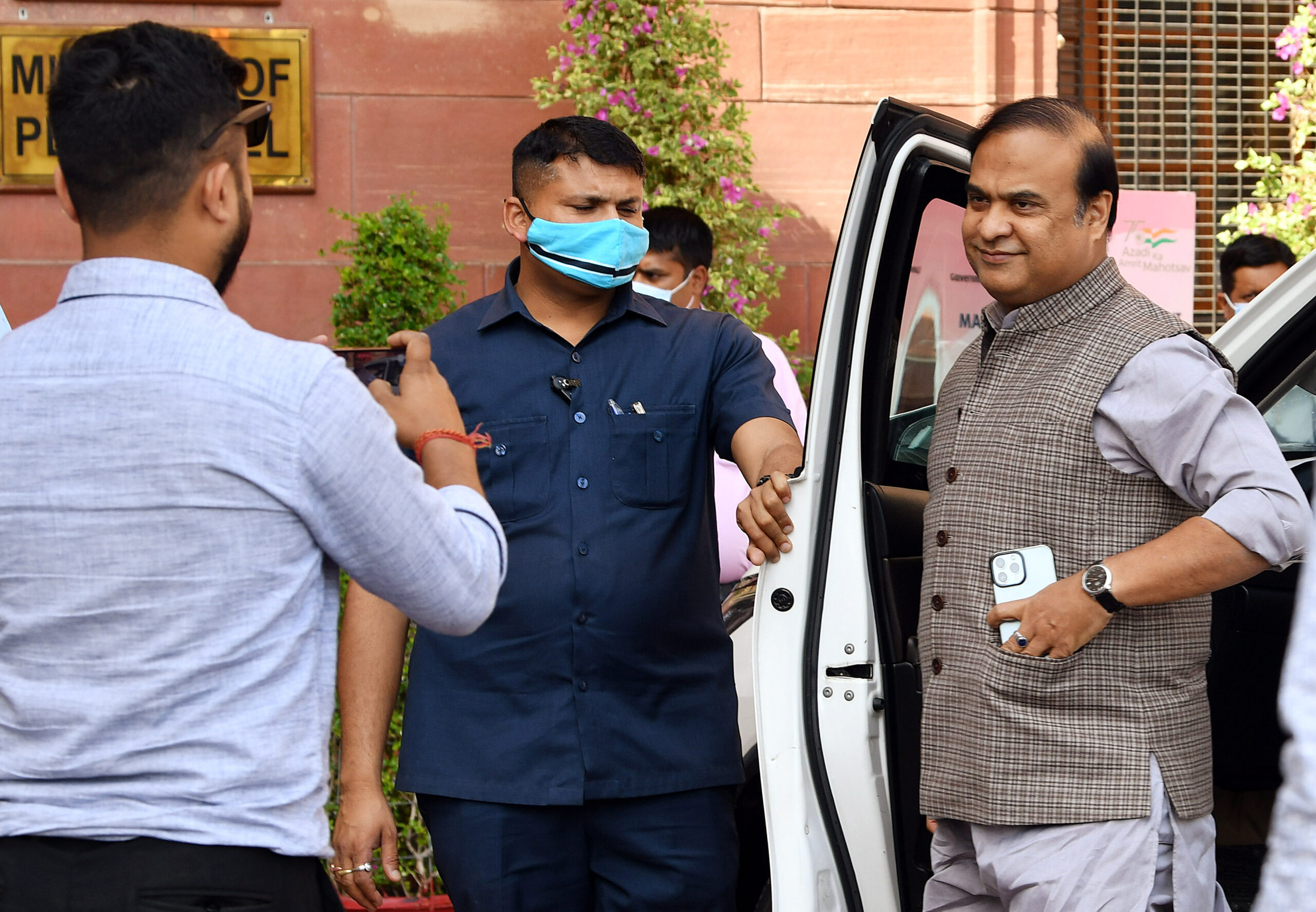Chief Minister Himanta Biswa Sarma has declared that a trilateral memorandum of settlement involving the ULFA (pro-talks faction), as well as the central and state governments, will be officially signed tomorrow at 5 pm in New Delhi. This significant event will witness the presence of the Union Home Minister and Minister of Cooperation, Sh. Amit Shah.
ULFA, the insurgent group, was formed in April 1979 following a protest against undocumented immigrants from Bangladesh. The issue of illegal immigration in Assam has persisted since India gained independence, causing concerns among the locals regarding the potential impact on their culture, land, and political rights.
In 2011, ULFA experienced a division into two factions. The pro-talk faction, led by Arabinda Rajkhowa, chose to return to Assam and engage in peace negotiations. On the other hand, the ULFA (Independent) group, led by Paresh Barua, opposed negotiations unless the issue of ‘sovereignty’ was addressed.
The faction led by Arabinda Rajkhowa renounced violence and agreed to unconditional talks with the government. Anup Chetia, another prominent member of ULFA, later joined the pro-talks group a couple of years later. Recently, Anup Chetia, who is currently in Delhi, stated that the discussions between ULFA and the government are in the final stages.
In 2011, ULFA presented a 12-point charter of demands to the government, which covers constitutional and political arrangements, as well as the protection of the identity and resources of the local indigenous population in Assam. These demands have been under discussion at various levels.
The draft agreement sent by the Union government was received in April. Talks with officials from the Central government have been conducted since the delegation arrived in Delhi, leading up to the signing of the peace pact.
Over the past three years, the Union government has successfully signed peace agreements with rebel groups such as Bodo, Dimasa, Karbi, and Adivasi outfits in Assam. Once the deal with the ULFA pro-talks faction is finalized, the banned ULFA-Independent, led by Paresh Baruah, will be the only major insurgent group remaining in the state.
Since assuming office as chief minister in May 2021, Himanta Biswa Sarma has witnessed over 7,000 insurgents from various rebel groups laying down their arms and integrating into mainstream society. The state government has implemented several rehabilitation programs to facilitate the smooth transition of these former insurgents into a respectable life.
CM Sarma has consistently appealed to ULFA(I) leader Paresh Baruah to rejoin the mainstream and contribute to the extensive development initiatives taking place in the state. He has also stressed the importance of resolving all outstanding issues through peaceful dialogue.
Assam has endured a prolonged insurgency, necessitating the involvement of central paramilitary and armed forces. Notable operations, such as Operation Bajrang and Operation Rhino, were carried out against the ULFA. The insurgency in Assam has resulted in the loss of lives among civilians, armed forces personnel, state police, and the insurgents themselves.
As a result of the insurgency activities, the Disturbed Areas Act and Armed Forces Special Powers Act (AFSPA) were implemented in Assam in 1980. However, these measures are now limited to a few districts in Upper Assam.







